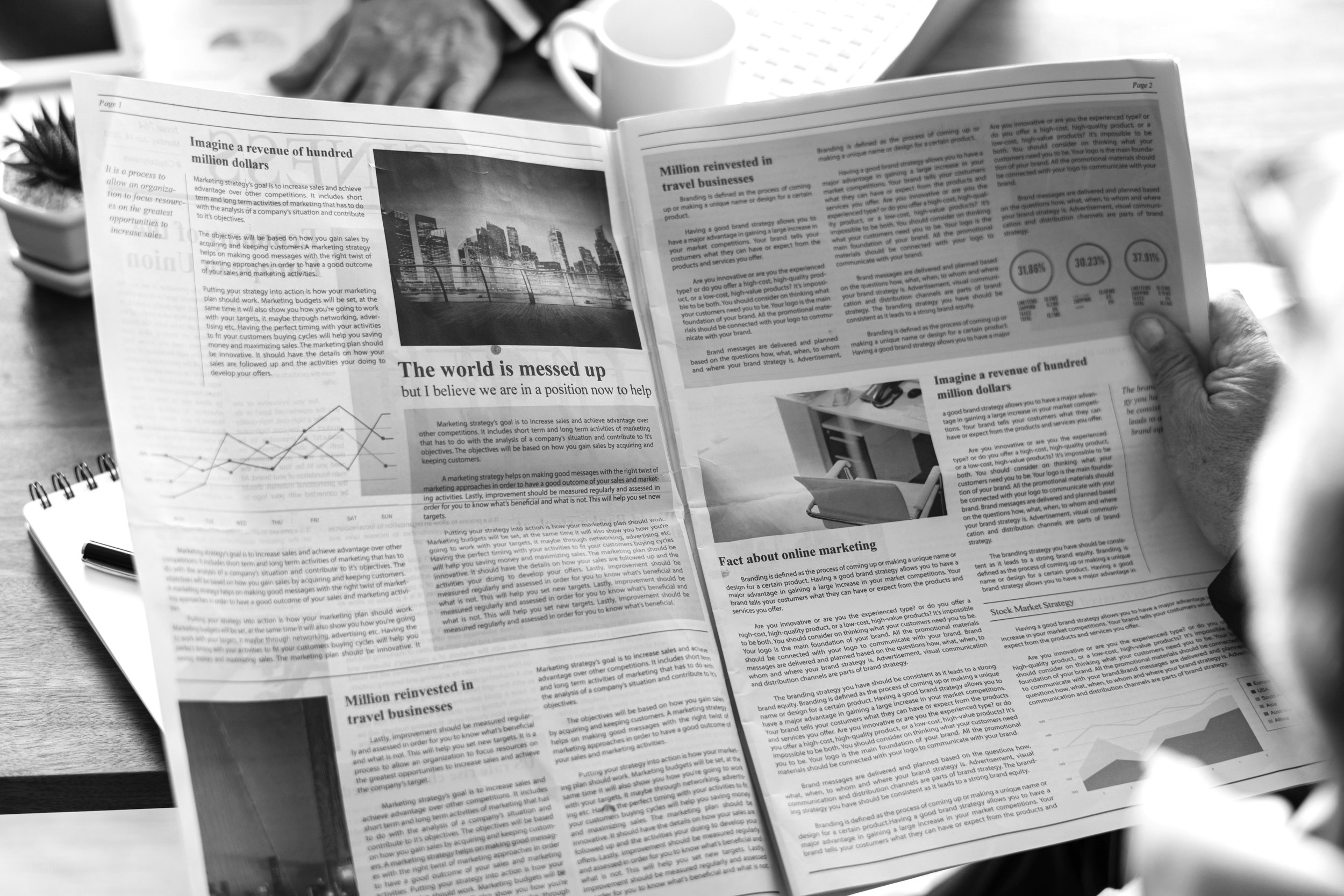Various shrill reports have been warning about a new crisis of “fake news” that imperils our democratic process. Damian Collins, the Tory MP who chairs the Digital, Culture, Media and Sport Committee Select Committee, declares that it represents “a crisis in our democracy”.
But there is nothing new about “fake news”. The Americans used to call it “yellow journalism”. Over a century ago William Randolph Hearst, the American newspaper publisher, was hard at it – and the motive was not merely to boost circulation but also to distort the political process. Hearst provided the inspiration for the character Charles Foster Kane in Citizen Kane. An illustrator despatched to cover a revolution in Cuba found everything peaceful and suggested returning. Hearst told him: “Please remain. You furnish the pictures and I’ll furnish the war.”
So, paradoxically, claims of a contemporary surge in “fake news” are themselves misleading – at least in proportionate terms. Of course the internet means there is an abundance of news – and some websites are considerably more reliable than others. But journalists are also far more accountable than they used to be. The online versions of newspaper articles routinely allow comments meaning an error can be challenged immediately. When print was dominant it needed the indulgence of the Letters Editor to set the record straight, unless a libel had occurred and the victim had access to substantial funds.
The feasibility of an establishment cover-up is far more remote than it was. Before 1955 the BBC had a broadcasting monopoly. Now any teenager can set up their own YouTube channel.
Just as the answer to hate speech is more free speech, so the answer to fake news is to provide an abundance of truth. Attempts at censorship are both illiberal and impractical, especially as conspiracy theorists thrive on attempts to ban them. Far better to trust the people to decide what to believe. A clash between Donald Trump’s tweet and CNN broadcasters over who is telling the truth might be unedifying — but having such noisy disputes out in the open is the essence of a free society.
William Hague recently claimed in the Daily Telegraph that in Western countries “people who have long accepted being governed together are becoming more ferociously divided about what governments should do”. Really? More divided than in the Thatcher era? Or the earlier decades of strikes, race riots, terrorism and the cold war?
He blames the digital word for people “increasingly living in an echo chamber of their own views”. Many do — just as for years Conservatives have preferred to read the Daily Telegraph while socialists tend to prefer The Guardian. The difference now is that for those who do wish to find alternatives it is much easier to do so.
To give an unfashionable view, I would argue that our democratic engagement is thriving. Turnout at General Elections since 2001 has been rising steadily. But there’s more to it than that. Anybody who goes canvassing can see how healthily fickle voters have become. It used to be rare for family members to vote in different ways or to switch parties between elections. That is now much more commonplace.
Yet Hague says the state must intervene to “tackle reinforced polarisation”. He welcomes the proposals from the MPs on Damian Collins’ committee for more regulation and wants an Electoral Commission code for political advertising on social media. But Hague wishes to go further, backing a demand from the Labour spin doctor Tom Baldwin for a ban on political advertising on social media.
Extending the remit of the Electoral Commission is the last thing we need. It is struggling with its existing basic role, as has been shown by its failure to prevent voting fraud in Tower Hamlets. Giving it the power to vet what political messages we see would inevitably lead to questions over its impartiality, as we have already seen over its response to the EU referendum.
Attempts to ban paid messages on the internet — or paid messages from abroad — would give rise to plenty of practical difficulties, not least that enforcement would be absurdly difficult. It also misses the point that in this wonderful era of modern political communications money matters less and less. Victor Hugo spoke of the power of “an idea whose time has come.” Ideas, good and bad, can be spread faster than ever.
Attempts by politicians to meddle with that will probably fail. But it would be better if they kept out of it. That is the best way for us to find the truth.







